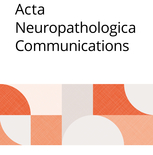 Researchers have retracted and replaced a 2014 paper in JAMA Psychiatry, exploring a new way to classify attention deficit hyperactivity disorder (ADHD) in children, after discovering errors in the data.
Researchers have retracted and replaced a 2014 paper in JAMA Psychiatry, exploring a new way to classify attention deficit hyperactivity disorder (ADHD) in children, after discovering errors in the data.
Some experts have criticized the current diagnostic criteria for ADHD—noting, in some cases, it could inflate the rate of diagnosis. Sarah L. Karalunas, the paper’s corresponding author, told Retraction Watch that the aim of the study was to look beyond current criteria and “demonstrate an approach that could be used to better delineate the boundaries of ADHD and other psychiatric diagnostic categories.” Continue reading Authors retract, replace highly cited paper on ADHD in kids

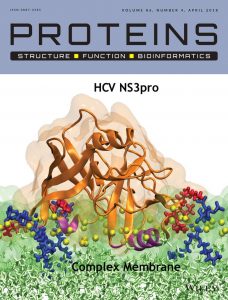
 Errors in a 2017 paper about a new cancer test may have occurred because of a simple typo while performing calculations of the tool’s effectiveness.
Errors in a 2017 paper about a new cancer test may have occurred because of a simple typo while performing calculations of the tool’s effectiveness.
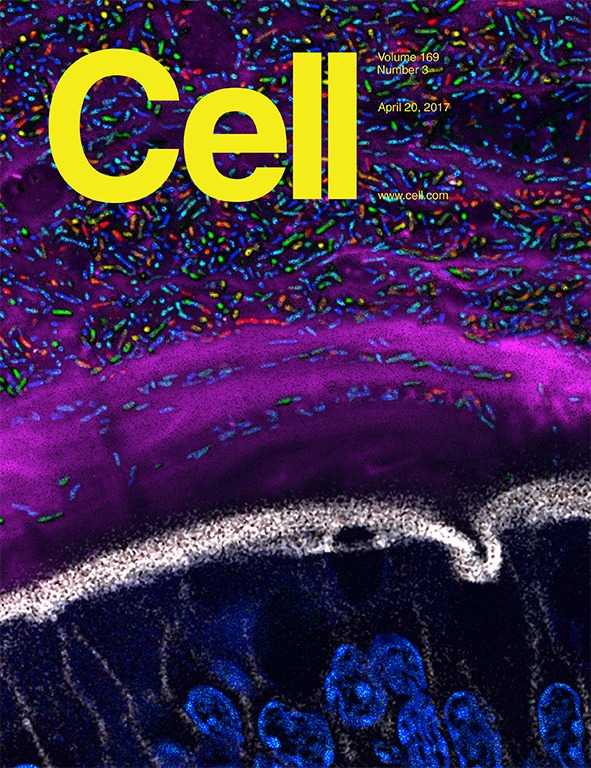 When
When 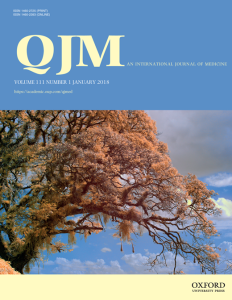 A medical journal has
A medical journal has 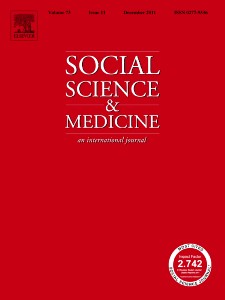
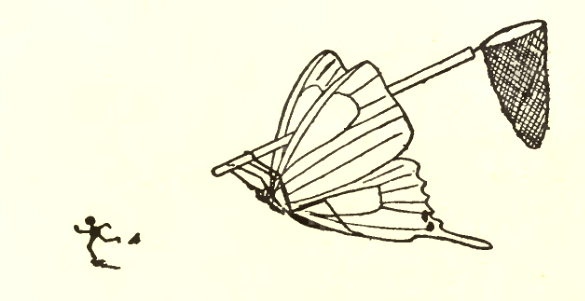 Title:
Title: 